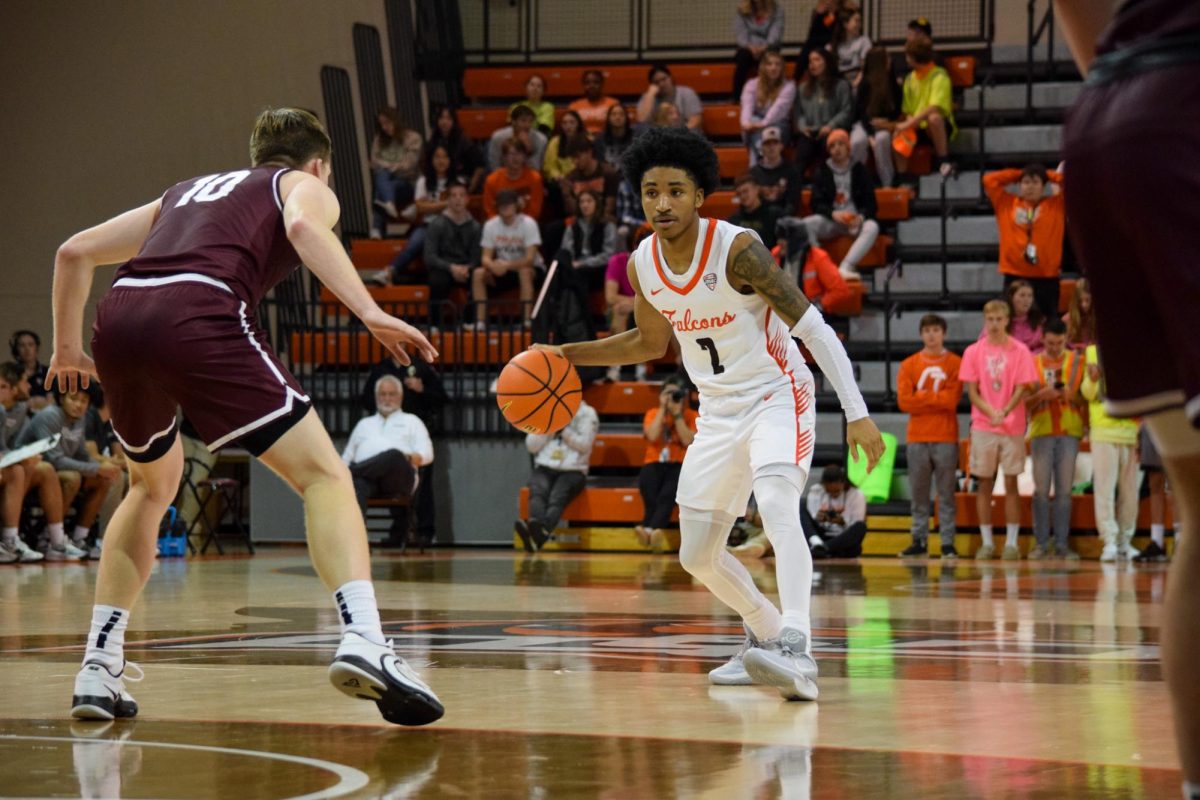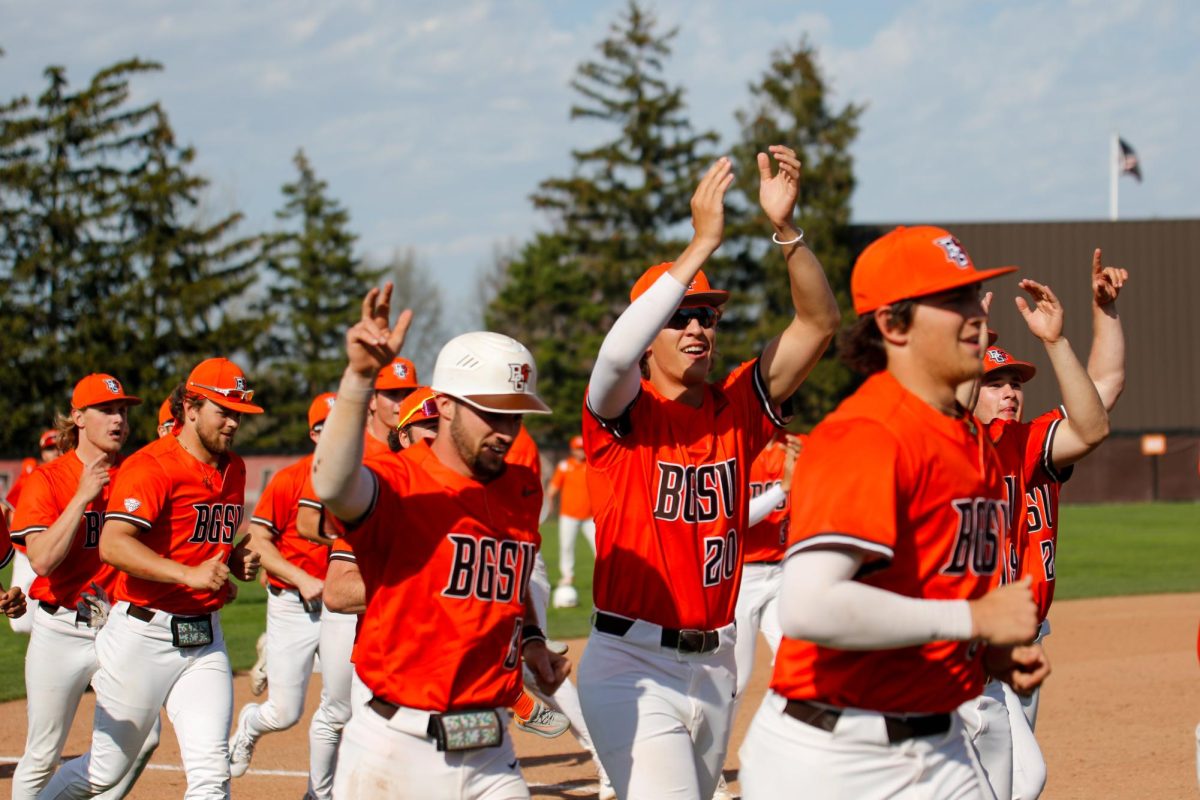So much for authority and the saying, “Don’t do the slime if you can’t do the time.”
It’s been two days and counting since the NFL fined Washington’s Sean Taylor $17,000 for spitting in the face of Tampa Bay running back Michael Pittman last Saturday, and there’s no sense waiting any longer for the other shoe to drop.
Taylor won’t be suspended, nor forced to wear a surgical mask against the Seahawks for Saturday’s playoff game in Seattle. The league won’t even require the Redskins’ bench to be fitted with a sneeze-guard. Too bad.
Shaming Taylor wouldn’t drive home the point like making him sit out a game would. Still, it would be an improvement over another meaningless fine. The league should have learned that lesson long ago.
Around this same time last year, serial code-of-conduct offender Randy Moss, then still a member of the Minnesota Vikings, got fined $10,000 for pretending to moon the Green Bay Packers crowd. His response? “Ain’t nothing but 10 grand. What’s 10 grand,” Moss reasoned correctly, “to me?”
Here’s one way to answer that question. Since Moss was making nearly $6 million a year, lightening his wallet by $10,000 was like taking $87 from someone making $50,000. In other words, not nearly enough.
The problem is the NFL’s outdated notion that fines will change behavior in this era of insane salaries – that and the arbitrary way they’re handed out. The fines are supposed to reflect the seriousness of the offense and a player’s rap sheet, but often do neither. When your business is pushing controlled violence and a bad attitude in everything from highlight reels to video games, it gets tricky deciding where to draw the line.
The Saints’ Joe Horn, for instance, got whacked $30,000 for pretending to make a cell phone call from the end zone, a celebration both more inventive and more tasteful than Moss’ faux butt wiggling. Spearing or headhunting usually draws a $7,500 fine for the first offense, but wearing the wrong socks can wind up costing twice that.
So while the league may be conflicted, its employees rarely feel the same way. Players as talented as Taylor learn early in life that special treatment is part of the bargain. He ducked out on the NFL’s mandatory rookie symposium in his first year ($25,000 fine), picked up a drunken driving charge that was later dismissed (one-game suspension imposed by the Redskins), and has since added several in-season fines for late hits and the obligatory uniform violations to his resume. None of it changed him.
The league investigated another spitting incident alleged by Cincinnati receiver T.J. Houshmandzadeh last season, but decided the video evidence wasn’t conclusive enough to warrant disciplinary action.
This time, though, referee Mike Carey was close enough to the play to take his own barometer reading. He ejected Taylor on the spot, but didn’t punish Pittman for slapping Taylor in retaliation. Naturally, Taylor’s coaches and teammates rushed to his defense.
“He said he didn’t do it and I have to believe him,” Washington assistant coach Gregg Williams said.
“If that took place,” a still-skeptical head coach Joe Gibbs said Monday, “we understand the penalties. We understand somebody being taken out of the game. Sean is so valuable to us. I had a long talk with him afterward, and he understands that. … We can’t afford to lose somebody like that.”
Apparently, the legal system feels the same way. Taylor is due in court next Tuesday in Florida to face charges of felony aggravated assault and misdemeanor battery for allegedly brandishing a gun at some people. The trial date has already been pushed back twice during the regular season. Now, facing the prospect of missing practice if the Redskins do beat the Seahawks, his attorney informed prosecutors that Taylor will file a motion for another continuance.
Miami-Dade prosecutor M


















